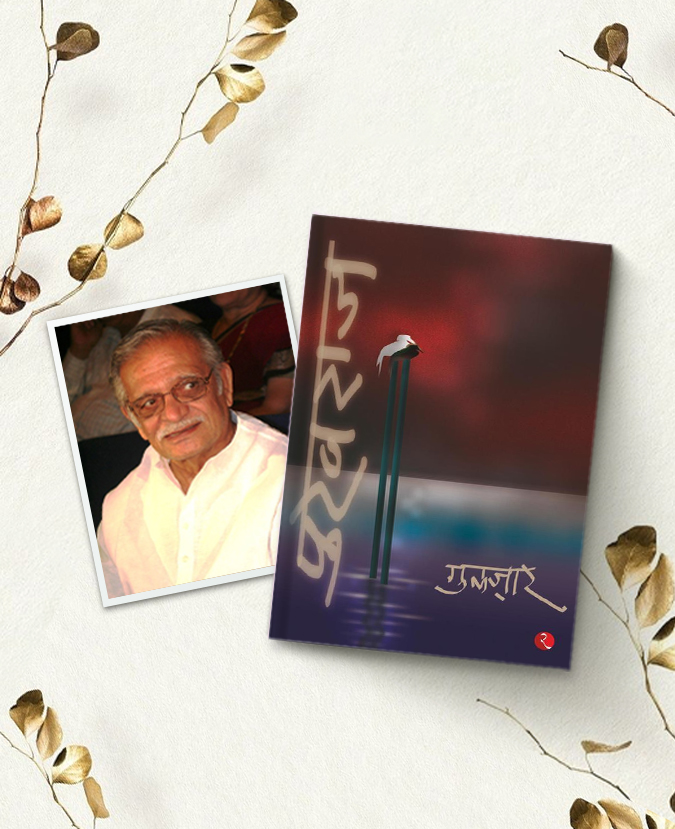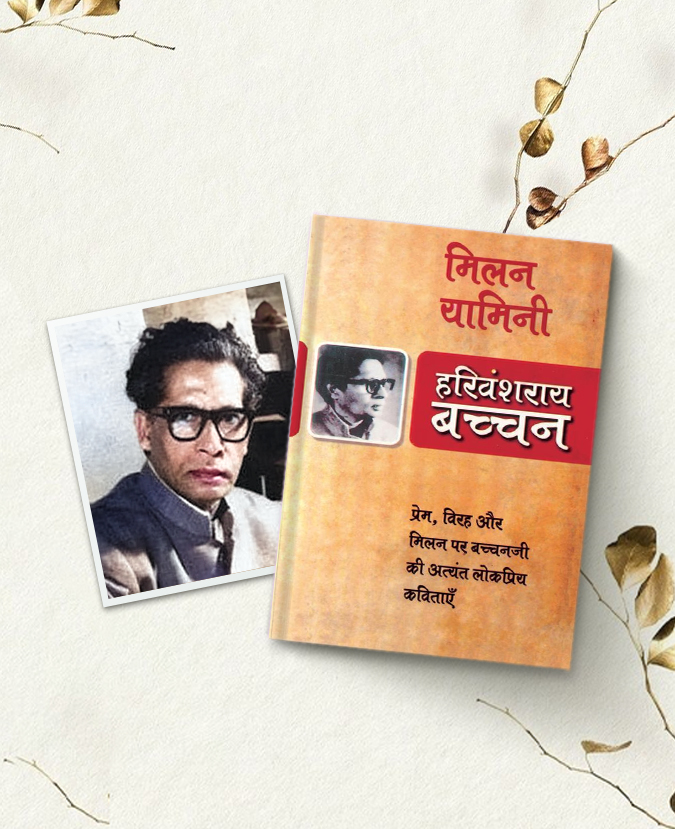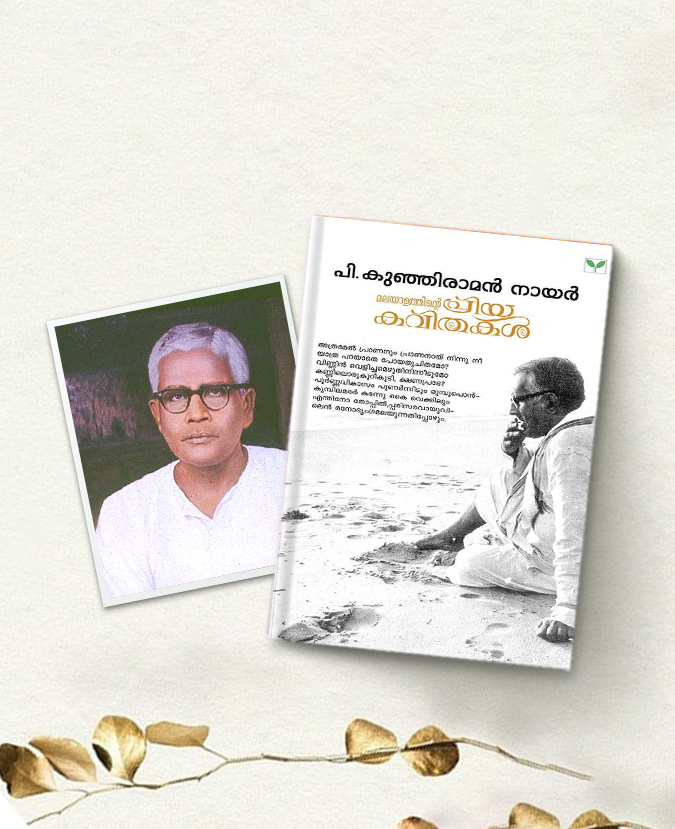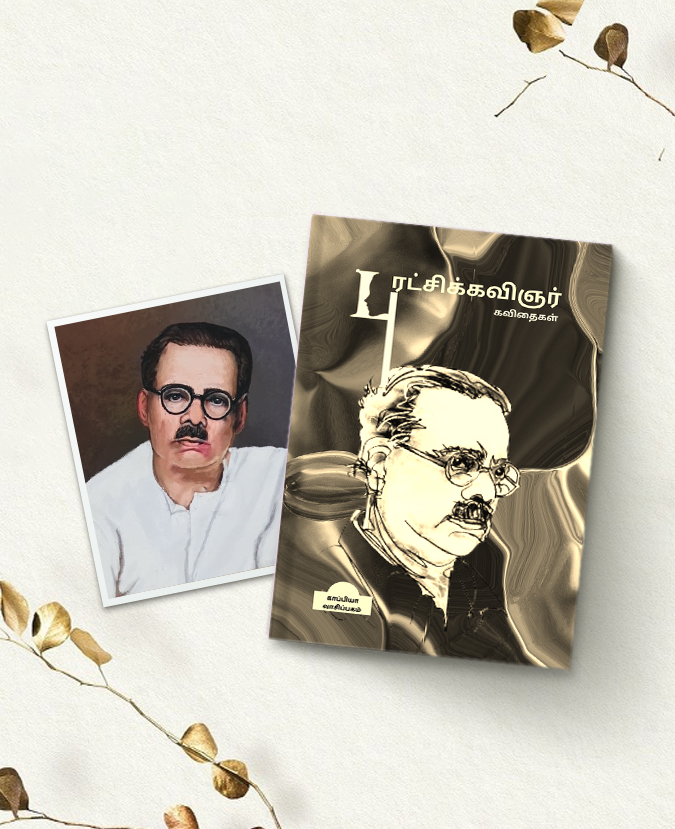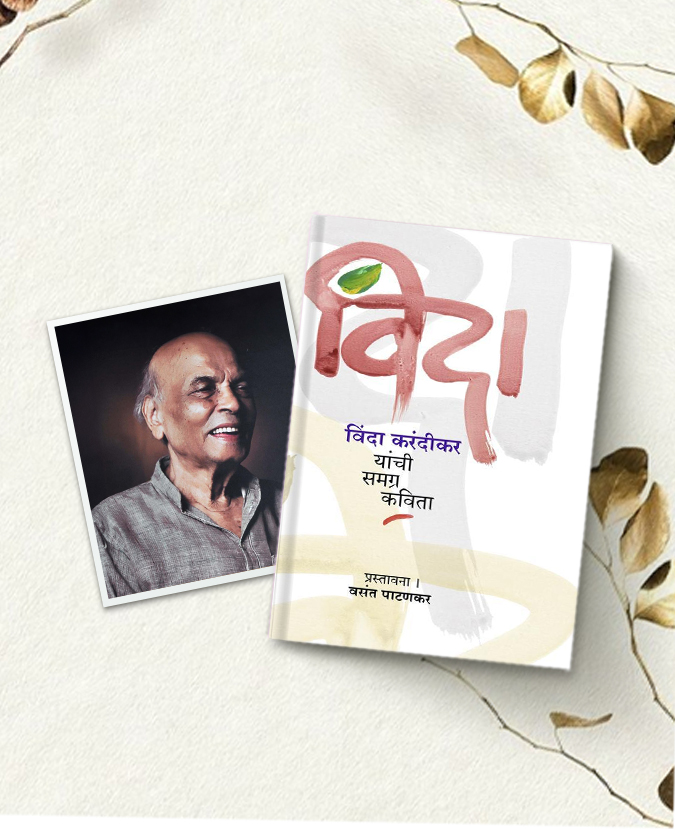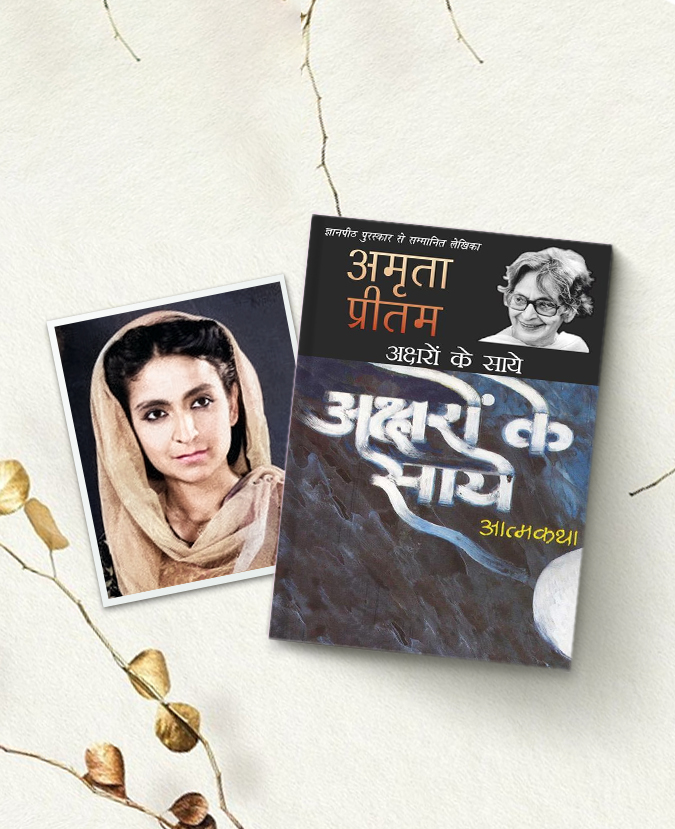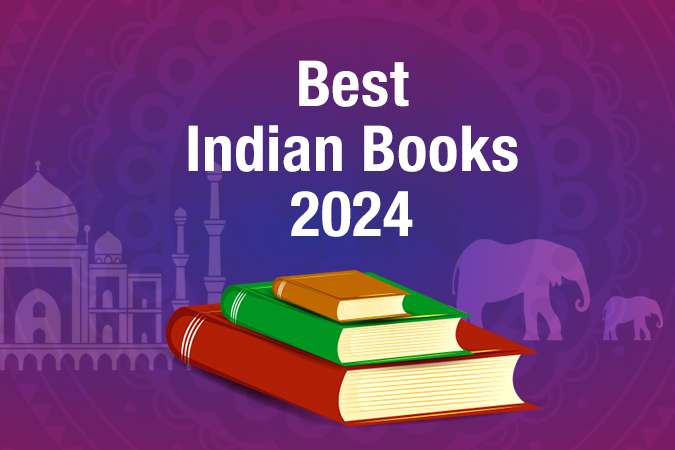
Contemporary Indian poets whose works offer unique perspective of life, love and society.
ত্ত যেথা ভয়শূন্য, উচ্চ যেথা শির
জ্ঞান যেথা মুক্ত, যেথা গৃহের প্রাচীর…
Where the mind is without fear and the head is held high
Where knowledge is free
Where the world has not been broken up into fragments
By narrow domestic walls…
These famous lines are from the poem Chitto Jetha Bhayshunyo penned by Rabindranath Tagore in 1913. The poem represents the towering literary figure and Nobel laureate’s vision of a new and awakened India.
If you dig deep within the vernacular literary landscape of India, you will unearth many such poetic gems both ancient and old. With its multitude of languages and dialects, our country has been a cradle for poets who have woven their emotions and experiences into verses that touch the very essence of life.
If you are keen to sample a few of their works, browse through our compilation of a few contemporary poets who have written in various regional languages. These unsung heroes of Indian literature offer a unique perspective on life, love, spirituality, and societal issues

Born Sampooran Singh Kalra, Gulzar has captivated hearts with his evocative and poignant poetry. Written primarily in Urdu and Punjabi, his poems traverse the diverse landscapes of human emotions with unrivalled finesse.
Through his verses, Gulzar tackles themes of love, longing, loss, and the essence of everyday life that resonate with people from all walks of life. His poems are written in the Triveni type of stanza, published in three compilations: Chand Pukhraaj Ka, Raat Pashminey Ki and Pandrah Paanch Pachattar.
What sets Gulzar apart is not only his prowess as a poet but also his versatility as a lyricist, screenwriter, and filmmaker. His ability to convey profound emotions through song lyrics has elevated him to an iconic status in the world of Indian cinema.

Harivansh Rai Bachchan is one of the most eminent figures in Hindi poetry. He is celebrated for his evocative and emotionally charged poetry, which captures the essence of love, life, and human emotions. His iconic work, Madhushala, which contains 135 verses of four lines is a testament to his poetic prowess and remains a cornerstone of Hindi literature.
Bachchan, the father of Bollywood superstar Amitabh Bachchan, had a unique knack for conveying profound ideas through his verses, making them accessible and thought-provoking. He is celebrated not only as a poet but also as a social reformer and a voice of conscience.

Kunhiraman Nair, also known as Mahakavi P, was a distinguished name in Malayalam literature. He was known for his romantic poems which reflected the beauty of Kerala’s landscapes and the intricacies of human experience.
Nair lived a nomadic lifestyle, through which he would meet different people who made their way into his life and work. By highlighting the cultural nuances of Kerala, he brought to life the beliefs, traditions, folklore, and natural beauty of the region through his verses. Some of his well-known poems include Thamarathoni, Kaliyachan, Vayalkarayil, Ratholsavam, and Pookkalam.
Nair was a recipient of the Sahitya Akademi Award, and the inaugural Kerala Sahitya Akademi Award for Poetry in 1959.

He was deeply influenced by the Tamil poet and freedom fighter, Subramania Bharathi, who mentored him and hence Subburathinam named himself “Bharathi dasan” meaning follower or adherent of Bharathi. He is popularly known as Bharathidasan. A twentieth century Tamil poet, Bharathidasan was an active participant in the Indian independence movement, he opposed both the British Raj and the French colonial government.
Tamil Nadu’s state government gives the Bharathidasan Award annually to a Tamil poet.
Bharathidasan’s writings served as a catalyst for the growth of the Self-Respect Movement in Tamil Nadu. In addition to poetry, his views found expression in other forms such as plays, film scripts, short stories and essays.

Vinda Karandikar, an ionic Marathi poet, carved a legacy in the Indian literary landscape. A former professor of English, his works delved into universal truths, mortality, scientific inquiry, and spiritual exploration. He was the most experimental and comprehensive of modern Marathi poets, dabbling in diverse forms like the ghazal, song, and mukta suneet (free sonnet).
What set Karandikar apart was his ability to popularise new poetry with a simplicity of language that resonated with the common people. He was also part of a trio of poets, along with Vasant Bapat and Mangesh Padgaonkar, who travelled across different towns in Maharashtra performing recitals of their poetry.7
In 2003, Karandikar’s brilliance was acknowledged with the prestigious Jnanpith Award, India’s highest literary recognition.

Born in 1919 in Punjab, Amrita Pritam’s literary journey encompassed a wide range of genres, including poetry, short stories, novels and her celebrated autobiography Rasidi Ticket.
Known as the “first poetess of the Punjabi language,” she showcased remarkable versatility, seamlessly transitioning from love poems to profound social critiques. She was awarded the Sahitya Akademi Award for Punjabi literature in 1956 for her poem Sunehade, making her the first woman to receive this honour.
One of her most celebrated works is ‘Ajj aakhaan Waris Shah nu’, an emotional poem addressed to Waris Shah. It encapsulates the tragedy and horrors of partition.
Pritam was also honoured with the prestigious Bharatiya Jnanpith Award, the Padma Shri and the Padma Vibhushan, cementing her legacy as a trailblazing Punjabi poet.
Love poetry? Also read: Memoirs And Biographies Of Influential Poets

